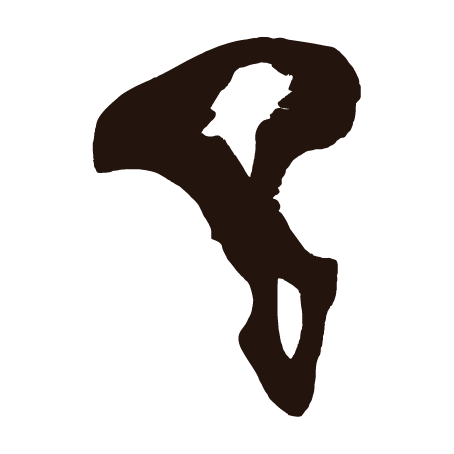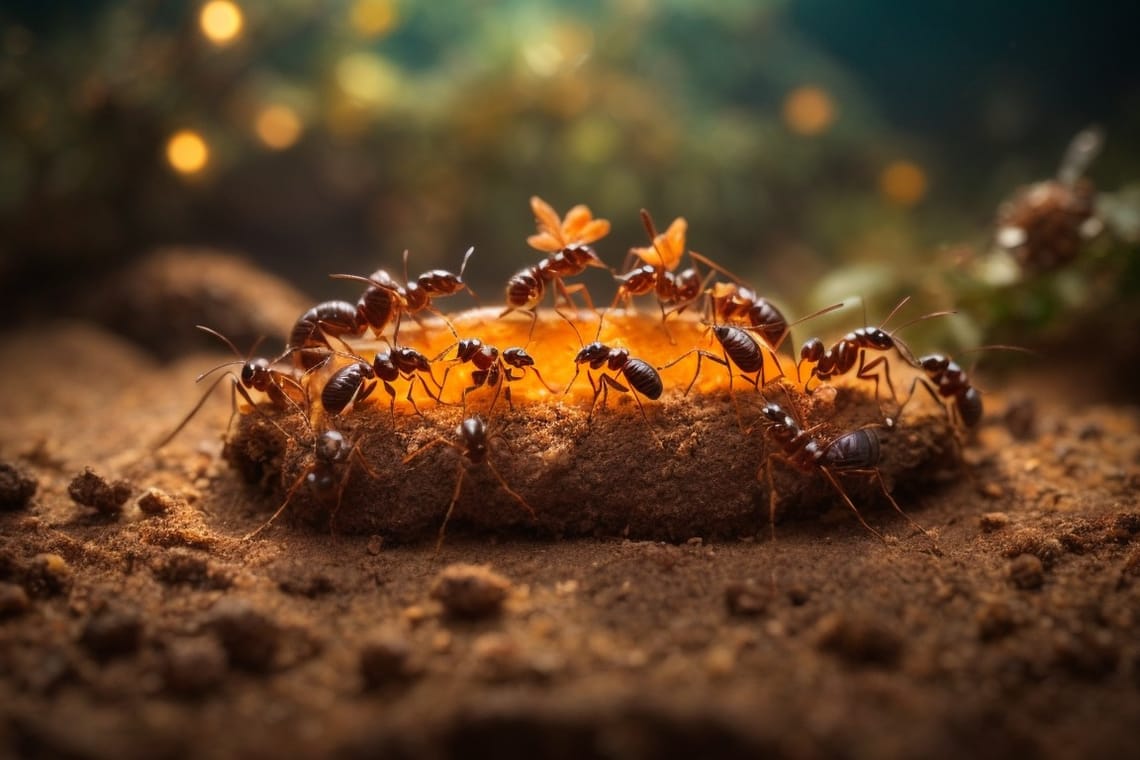There is huge interest in indigenous knowledge systems in the world today, be it from Bioprospecting or saving the environment. This has been fueled by the recent worldwide ecological crisis and the realization that its causes lie partly in the overexploitation of natural resources based on inappropriate attitudes and technologies. Scientists have now recognized that indigenous people have managed the environments in which they have lived for generations, often without significantly damaging local ecologies (Matowanyika 1994). It is now obvious that indigenous people can provide valuable input about the local environment and how to effectively manage its natural resources.
Hence today, it is evidently that indigenous people can provide valuable input about the local environment and how to effectively manage its natural resources. The interest in indigenous knowledge systems has been fueled by the recent worldwide ecological crisis and the realization that its causes lie partly in the overexploitation of natural resources based on inappropriate attitudes and technologies. Scientists have now recognized that indigenous people have managed the environments in which they have lived for generations, often without significantly damaging local ecologies (Matowanyika 1994).
Many feel that indigenous knowledge can thus provide a powerful basis from which alternative ways of managing resources can be developed. Indigenous knowledge systems and technologies are found to be socially desirable, economically affordable, and sustainable and involve minimum risk to rural farmers and producers, and above all, they are widely believed to conserve resources.
Chika Ezeanya-Esiobu in her book - Indigenous Knowledge and Education in Africa argues this point extensively comparing it with western forms of knowledge. This an extract from the book on indigenous knowledge systems…
What exists between the Western form of knowledge and indigenous knowledge is a difference in approach, which gives each a distinct identity of its kind, but does not justify the exclusive appropriation of validity to the Western knowledge system. The differences are philosophical in nature, arising from the discrepancies in socio-cultural processes and worldviews. Oguamanam (2006) provides insight into some of the differences, which are:
1. The transmission of indigenous knowledge is mostly orally based, that is, through folklores and legend, or through imitation and demonstrations. Western science transmits knowledge through writing.
2. Indigenous knowledge is gained by observing and participating in simulations, real-life experiences and trial and error. Western knowledge is taught and imbibed in abstraction.
3. Indigenous knowledge is founded on the spiritual; the notion that the world and its components have life force and are infused with spirit, and this includes both the animate and inanimate objects such as fire and trees. Western knowledge severs the animate from the inanimate and treats all as physical entities.
4. Indigenous knowledge views the world as interrelated; it does not necessarily subordinate all other life forms to mankind as they are all interrelated and interdependent parts of one ecosystem. Western science views mankind as superior to nature and “authorized” to exploit it maximally.
5. Indigenous knowledge is integrative and holistic in nature, rooted in a culture of kinship between the natural and supernatural. Western science is “reductionist and fragmentary, reducing and delineating boundaries to the extent that every relationship is treated as a distinct whole.”
6. Indigenous knowledge values intuition emphasizes emotional involvement and subjective certainty in perception.Western science thrives on logic and analysis, abstracted from the observer, and the replication of measurement to determine results.
7. Indigenous knowledge is based on a long period of close interactions with the natural environment and phenomena. Western knowledge thrives on the mathematical and quantitative (Oguamanam 2006, 15−16).
Indigenous knowledge …Indigenous to who? Africans Many groups who identify as Indigenous don’t claim to be first peoples; many who did come first don’t claim to be Indigenous. Can the concept escape its colonial past?




